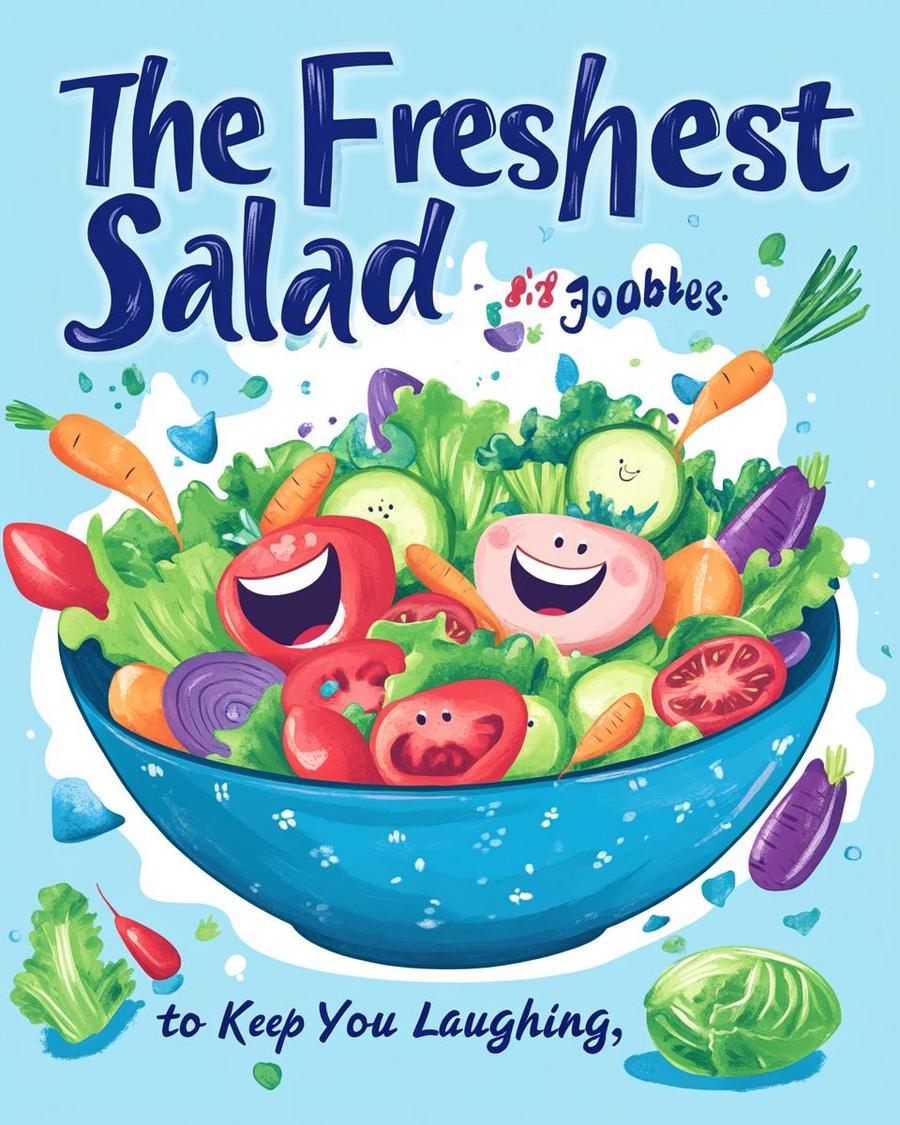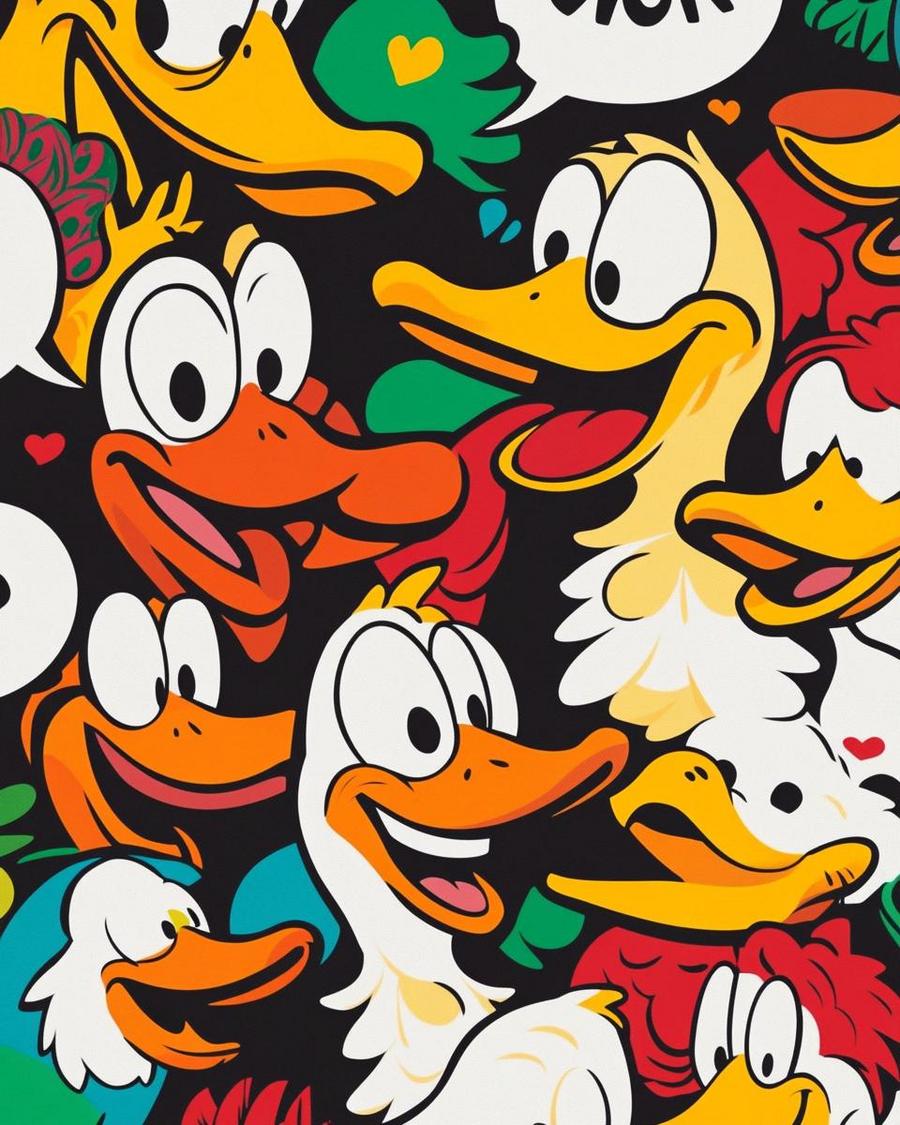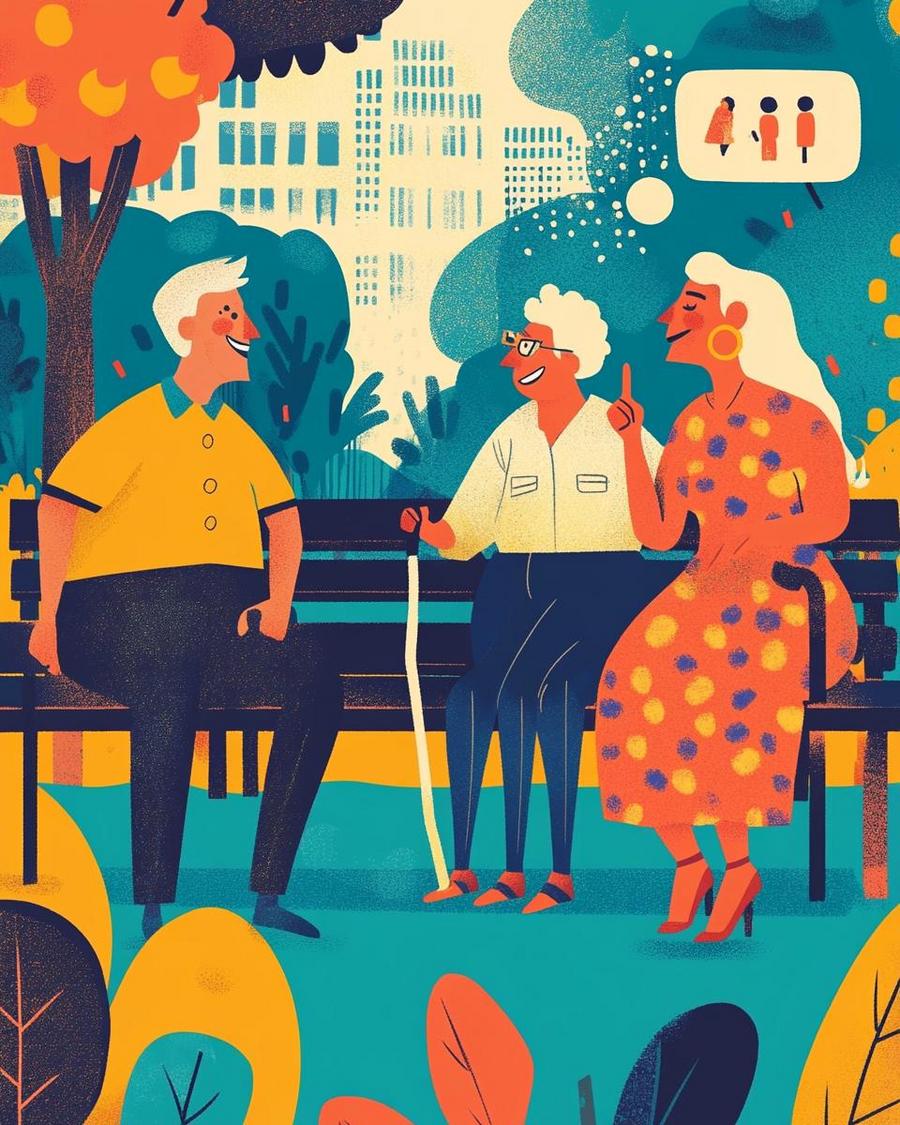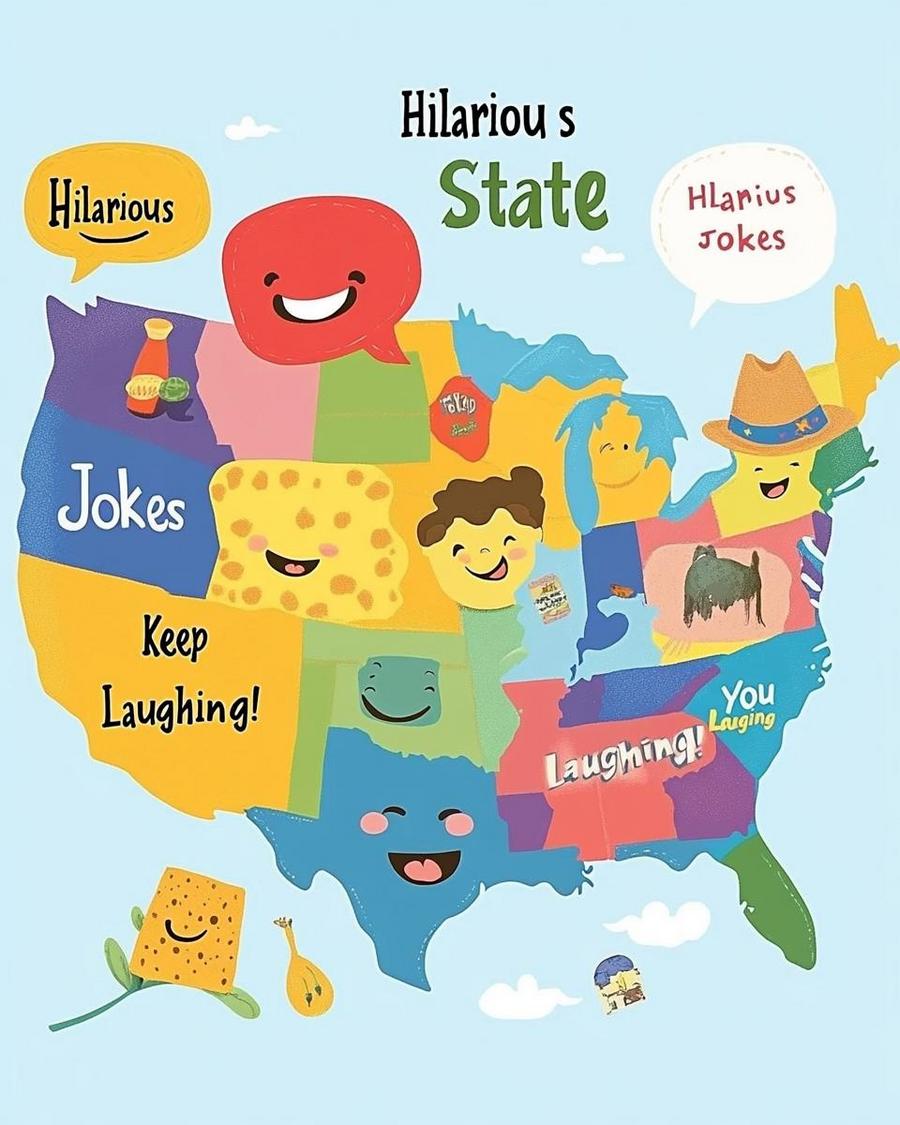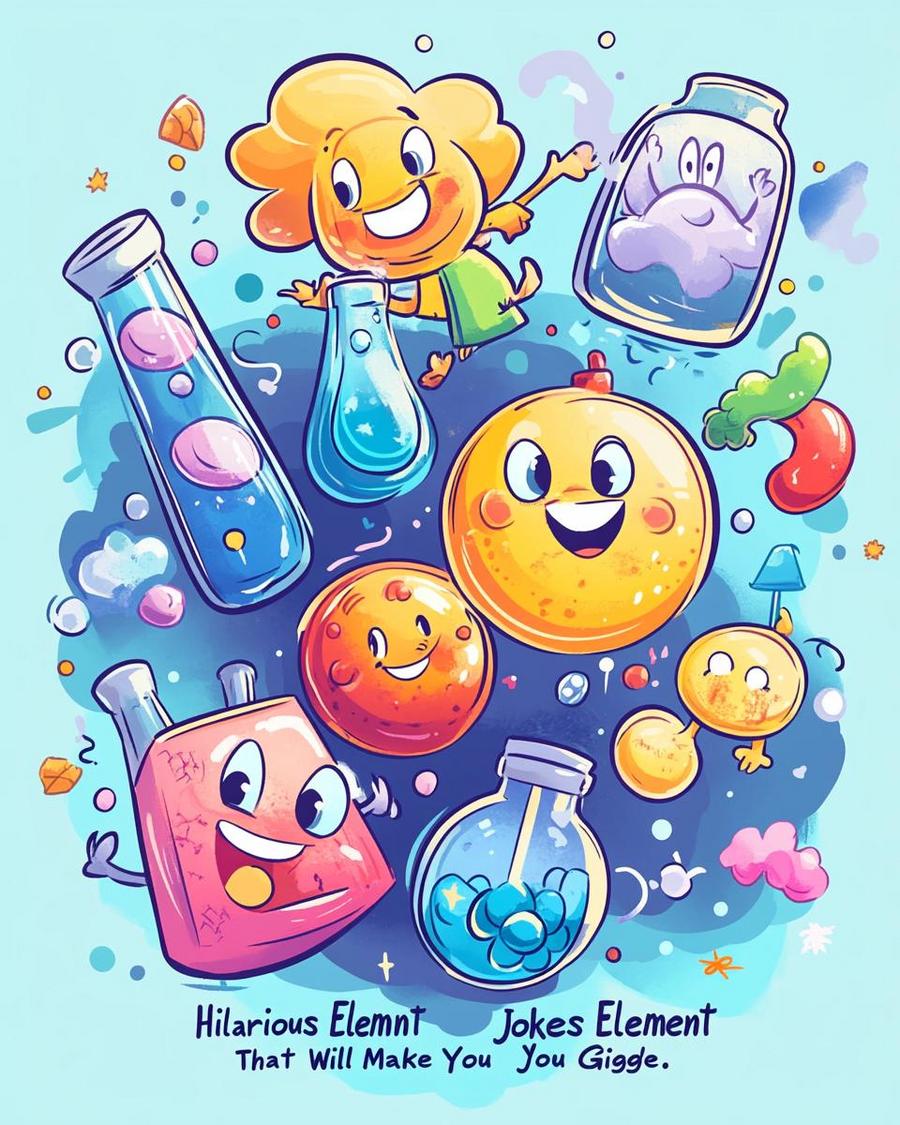Turning Sexist Jokes About Women on Their Head
Sexist jokes about women have been around for ages, perpetuating stereotypes and demeaning half the population. While humor can be a great way to break the ice, it’s essential to recognize when jokes cross the line into harmful territory. Understanding the impact of these jokes and finding ways to challenge them is crucial for fostering an inclusive environment. In this post, we’ll explore new perspectives on sexist jokes about women and discuss how to promote more respectful humor.
TLDR: Key Topics Covered in This Sexist Jokes About Women Post!
- Understanding the harm caused by sexist jokes
- Identifying subtle sexism in humor
- How to challenge and change the narrative
- Promoting respectful and inclusive humor
Have you ever wondered why certain jokes make you uncomfortable? Often, sexist jokes create a hostile environment for women, reinforcing negative stereotypes. By recognizing these jokes and addressing their impact, we can move towards a more respectful world. If you’re seeking lighter humor, check out our stupid jokes that are sure to bring a smile without offending anyone.
Want to dive into funnier, non-offensive jokes? Don’t miss our collection of deez nuts jokes for a good laugh. Let’s work together to redefine humor that’s inclusive and enjoyable for everyone!

Understanding What Constitutes a Sexist Joke
Sexist jokes often belittle or stereotype a gender, typically women. These jokes rely on outdated gender roles and harmful stereotypes. Here are some common themes:
- Women are bad drivers.
- Women belong in the kitchen.
- Women are overly emotional.
Common Themes and Stereotypes
Sexist jokes about women often use these stereotypes:
- Women are less intelligent.
- Women are gold diggers.
- Women are overly concerned with appearance.
Examples of What Makes a Joke Sexist
Let’s look at some examples:
- Why did the woman cross the road? To get to the other mall.
- Why can’t women tell jokes? Because they’re always the punchline.
These jokes reduce women to stereotypes and foster inequality.
Challenging Sexist Jokes About Women: A New Perspective
Sexist jokes about women have been around for ages, often perpetuating harmful stereotypes. It’s time to challenge these jokes and look at humor from a fresh perspective.
The Origins and Evolution of Sexist Humor
The roots of sexist humor can be traced back to ancient times. Historically, jokes about women often portrayed them as inferior or as objects of ridicule. This kind of humor reinforced gender stereotypes and normalized misogynistic views.
Over the years, the portrayal of women in jokes has evolved. While some progress has been made, many jokes still rely on outdated and harmful stereotypes. Understanding the history of these jokes helps us see why they continue to persist and the importance of challenging them.
Impact of Historical Context on Modern Sexist Jokes
The historical context of sexist jokes influences their impact today. Jokes that were once accepted as the norm are now recognized as harmful. This shift in perception highlights the growing awareness of gender equality and the need to challenge sexist humor.
By acknowledging the historical roots of sexist jokes, we can better understand their impact and work towards creating a more inclusive and respectful form of humor.
For more insights on the evolution of sexist jokes, visit Keep Laughing Forever.
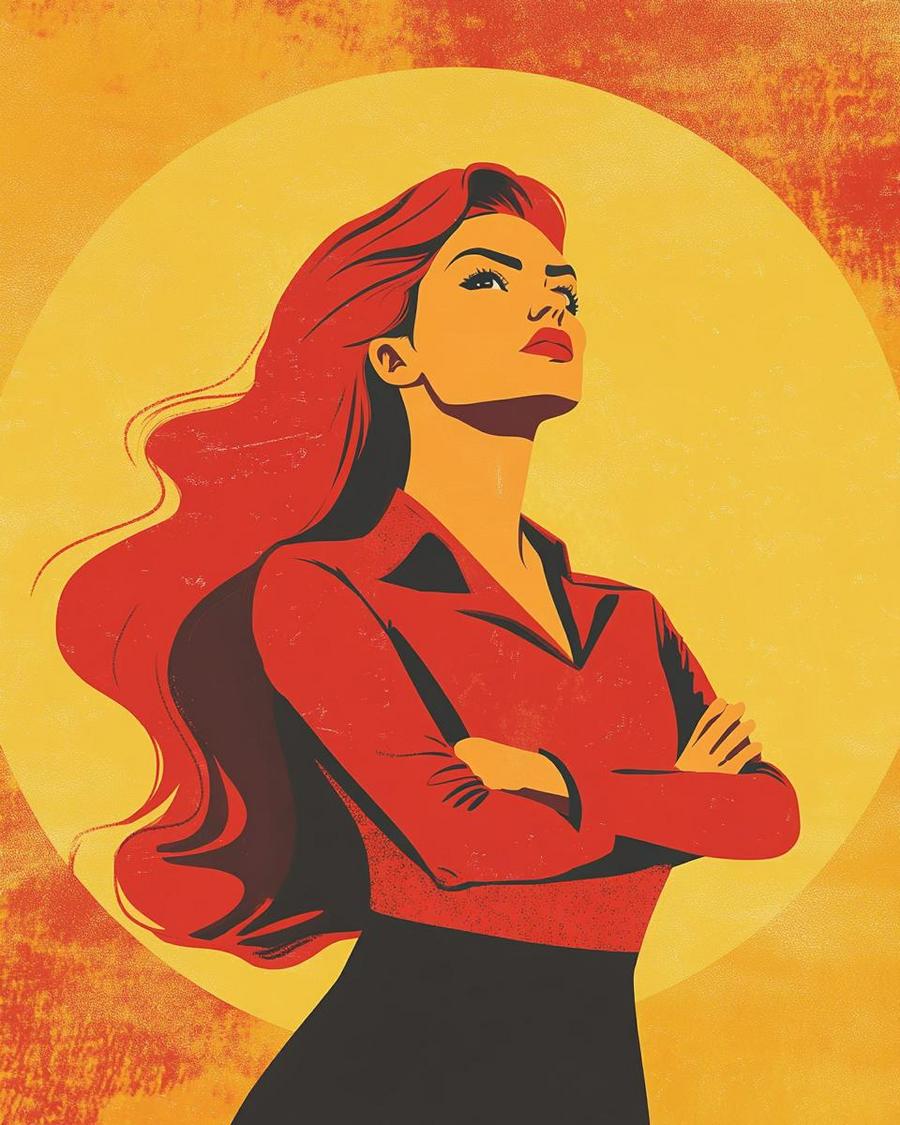
Challenging Sexist Jokes About Women: A New Perspective
Let’s explore why people tell sexist jokes. Understanding this can help us challenge and change these harmful behaviors.
Why People Tell Sexist Jokes
People tell sexist jokes for various psychological and social reasons. Here are some key points to consider:
- Psychological Reasons: Some people use humor to feel superior or to cope with insecurities.
- Social Norms: Society often reinforces stereotypes that make sexist jokes seem acceptable.
- Peer Pressure: People may tell sexist jokes to fit in with a group or gain approval.
Understanding these reasons can help us see why sexist humor persists. Now, let’s dive deeper into each factor.
Psychological and Social Factors
Sexist jokes often stem from a need to feel powerful. Laughing at others can boost one’s self-esteem. Additionally, society’s norms and expectations play a big role. If sexist jokes are seen as acceptable, people are more likely to tell them.
Peer pressure also influences this behavior. People might tell sexist jokes to feel included or to avoid rejection. This conformity can perpetuate harmful stereotypes and normalize sexism.
By understanding these factors, we can start to challenge and change the culture around sexist humor. Let’s promote respectful and inclusive humor instead.
For more insights on this topic, check out this article on combating sexist humor.

Challenging Sexist Jokes About Women: A New Perspective
Sexist jokes about women are not just harmless fun. They have a profound impact on individuals and society. Let’s explore why these jokes are harmful and how we can challenge them.
The Harmful Impact of Sexist Jokes
Sexist jokes contribute to a culture that demeans and belittles women. Here are some key points to consider:
- Emotional and psychological effects on women: Sexist jokes can cause feelings of worthlessness, anxiety, and depression in women. They reinforce negative stereotypes and can lead to low self-esteem.
- Contribution to gender inequality and discrimination: These jokes perpetuate harmful stereotypes, making it harder to achieve gender equality. They normalize discriminatory attitudes and behaviors.
- Real-life consequences in personal and professional settings: In the workplace, sexist jokes can lead to a hostile environment, affecting women’s career growth and job satisfaction. In personal relationships, they can create tension and a lack of respect.
It is crucial to recognize the impact of sexist jokes and understand why sexist jokes are harmful. By doing so, we can work towards eliminating them from our conversations, especially in professional settings where workplace discrimination can have severe repercussions.
For more insights on the negative effects of sexist humor, visit Keep Laughing Forever.
Challenging Sexist Jokes About Women: A New Perspective
Sexist jokes in the workplace can seem harmless, but they often perpetuate harmful stereotypes and create uncomfortable environments. Here, we’ll explore the prevalence and implications of sexist humor in professional settings and provide strategies to address and prevent it.
Prevalence and Examples of Sexist Humor
Sexist jokes are unfortunately common in many work environments. These jokes often target women, using stereotypes to demean and belittle. Here are a few examples:
- “Why did the woman bring a ladder to work? To reach the glass ceiling.”
- “Why don’t women need watches? There’s a clock on the stove.”
Legal and Ethical Implications
Sexist jokes are not only unethical but can also lead to legal issues. They contribute to a hostile work environment, which can be considered harassment under employment law. It’s crucial to understand that even seemingly harmless jokes can have serious consequences.
Strategies for Addressing and Preventing Sexist Humor
Addressing sexist jokes requires a proactive approach. Here are some strategies:
- Educate employees about the impact of sexist jokes through regular training sessions.
- Encourage open communication where employees feel safe to speak out against offensive jokes.
- Implement strict policies against harassment and ensure they are enforced consistently.
Creating a respectful and inclusive workplace is essential. For more tips on fostering a positive work environment, check out our post on workplace discrimination.
If you want to learn more about how to combat discriminatory humor effectively, visit our guide on combating sexist humor.
Challenging Sexist Jokes About Women: A New Perspective
Debunking Myths: ‘It’s Just a Joke’
Many believe sexist jokes are harmless. But, they perpetuate harmful stereotypes. Here are some common myths and the truth behind them:
Exploring the ‘Harmless Humor’ Myth
- Sexist jokes are just for fun.
- Everyone knows they aren’t serious.
- Women should not be so sensitive.
- It’s just a way to bond with friends.
- These jokes don’t hurt anyone.
- It’s just part of our culture.
- Only feminists get offended.
- Men can’t joke anymore without offending someone.
- It’s all in good humor.
- People who get offended are overreacting.
Why Jokes Can Be Offensive
Experts say these jokes reinforce negative stereotypes. They contribute to sexism in society. Here are some reasons why:
- They normalize harmful behavior.
- They make sexism seem acceptable.
- They can lead to real-world discrimination.
- They can make women feel unsafe.
- They undermine women’s achievements.
Sexist Humor Analysis
Sexist humor often targets women’s intelligence or appearance. It can be subtle or overt. Here are some examples:
- Jokes about women being bad drivers.
- Jokes about women belonging in the kitchen.
- Jokes about women’s appearance being more important than their abilities.
- Jokes about women being overly emotional.
- Jokes that belittle women’s achievements.
It’s time to challenge these myths and promote respectful humor. By understanding the impact of sexist jokes, we can create a more inclusive society.
For more on this topic, visit our full article. Let’s work together to end sexist jokes.
How Sexist Jokes Affect Relationships
Sexist jokes can hurt both romantic and platonic relationships. They often reinforce negative gender norms. In my experience, humor can either build connections or create divides. Jokes that demean women can lead to distrust and resentment.
Impact on Romantic Relationships
Sexist jokes in romantic relationships can harm trust and respect. Here are some common scenarios:
- Jokes about women’s intelligence can make partners feel undervalued.
- Comments about women’s roles in the household can create unequal expectations.
- Mocking women’s emotions can lead to emotional disconnect.
Impact on Platonic Relationships
In friendships, sexist jokes can create a hostile environment. Consider these points:
- Belittling women’s achievements can strain friendships.
- Jokes about women’s appearances can damage self-esteem.
- Generalizing women in negative ways can alienate friends.
Humor plays a role in challenging or reinforcing gender norms. By choosing inclusive humor, we foster respect and equality. Here are some tips from experts:
- Be mindful of the impact of your jokes.
- Encourage humor that uplifts all genders.
- Speak up when you hear sexist jokes.
In conclusion, it’s clear that sexist jokes can damage relationships. By promoting respectful humor, we can create more supportive and equal connections.
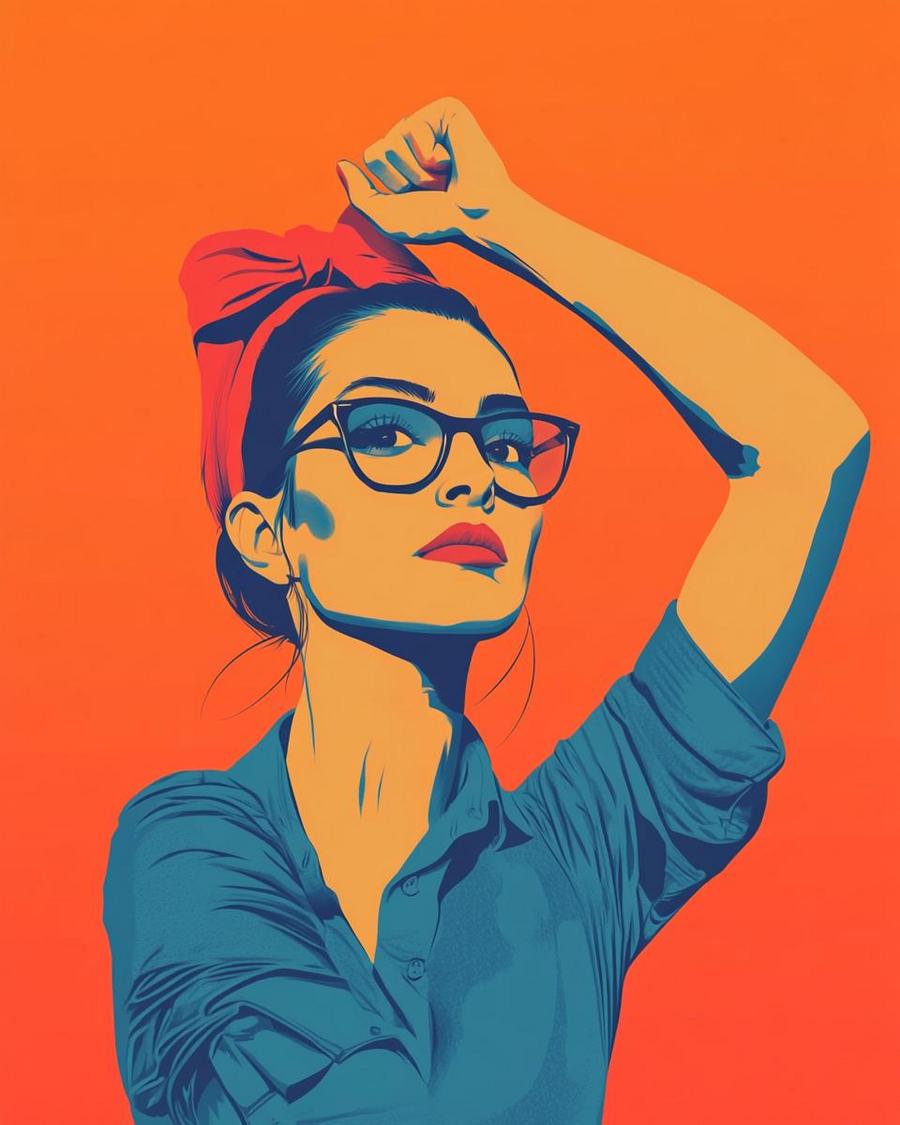
Challenging and Changing Sexist Humor
Sexist jokes about women are harmful. We need to challenge them. Here’s how:
Effective Ways to Challenge Sexist Jokes in Social Settings
- Call it out: Say it’s not funny.
- Ask why it’s funny: Make them explain.
- Change the subject: Steer the conversation away.
- Share facts: Educate them on the impact.
- Support others: Back up those who speak out.
- Be consistent: Always challenge sexist jokes.
How to Promote Inclusive and Respectful Humor
- Lead by example: Tell inclusive jokes.
- Encourage others: Praise respectful humor.
- Provide alternatives: Share positive jokes.
- Use humor to educate: Teach through laughter.
- Highlight the positive: Focus on uplifting humor.
Examples of Positive Humor That Uplifts Rather Than Demeans
- Why don’t scientists trust atoms? Because they make up everything!
- What did one wall say to the other? I’ll meet you at the corner!
- Why did the scarecrow win an award? Because he was outstanding in his field!
- What do you call fake spaghetti? An impasta!
- Why was the math book sad? It had too many problems!
We can combat sexist humor by promoting positive jokes. Let’s clean up humor together.
The Role of Media in Perpetuating Sexist Jokes
Media plays a huge role in shaping our perspectives. It can influence our views on gender and humor. Let’s analyze how media perpetuates sexist jokes:
Analysis of Media’s Influence on Sexist Humor
Sexist jokes are often found in TV shows, movies, and social media. These platforms reach millions, normalizing gender stereotypes. Here are some examples:
- TV sitcoms often portray women as overly emotional.
- Movies sometimes depict women as less competent than men.
- Social media memes often reduce women to appearances.
- Advertisements can reinforce traditional gender roles.
- Stand-up comedy sometimes involves jokes about women’s intelligence.
Case Studies of Sexist Jokes in TV, Movies, and Social Media
Let’s explore some case studies:
- In the TV show “Friends,” many jokes target female characters’ appearances.
- The movie “The Hangover” includes jokes at the expense of women’s roles.
- Social media often trends with jokes that belittle women’s achievements.
- In “The Big Bang Theory,” female characters are often portrayed as ditzy.
- Stand-up specials sometimes feature jokes that stereotype women’s behavior.
Steps Media Can Take to Promote Gender Equality
Media has the power to change perceptions. Here are steps they can take:
- Create content that shows women in diverse roles.
- Avoid jokes that rely on gender stereotypes.
- Highlight stories of women’s achievements.
- Promote humor that uplifts rather than demeans.
- Support comedians and writers who advocate for gender equality.
Promoting Gender Equality Through Inclusive Humor
Humor has the power to bring people together. It’s even better when it’s inclusive. Let’s explore the benefits of using inclusive humor and how it can promote gender equality.
Benefits of Using Inclusive Humor
- Encourages respect and understanding.
- Reduces gender stereotypes.
- Creates a positive environment.
- Fosters unity and acceptance.
- Boosts self-esteem and confidence.
Examples of Comedians and Media Promoting Gender Equality
- Hannah Gadsby: Uses humor to challenge gender norms. Learn more.
- Amy Schumer: Highlights gender issues in a funny way. Discover more.
- The Marvelous Mrs. Maisel: A TV show that promotes gender equality through humor. Watch now.
Resources and Tools for Creating and Sharing Inclusive Jokes
- Gender Institute: Offers resources to understand gender equality.
- Humor Project: Provides tools to create positive humor.
- Human Humor: Focuses on inclusive and respectful jokes.


